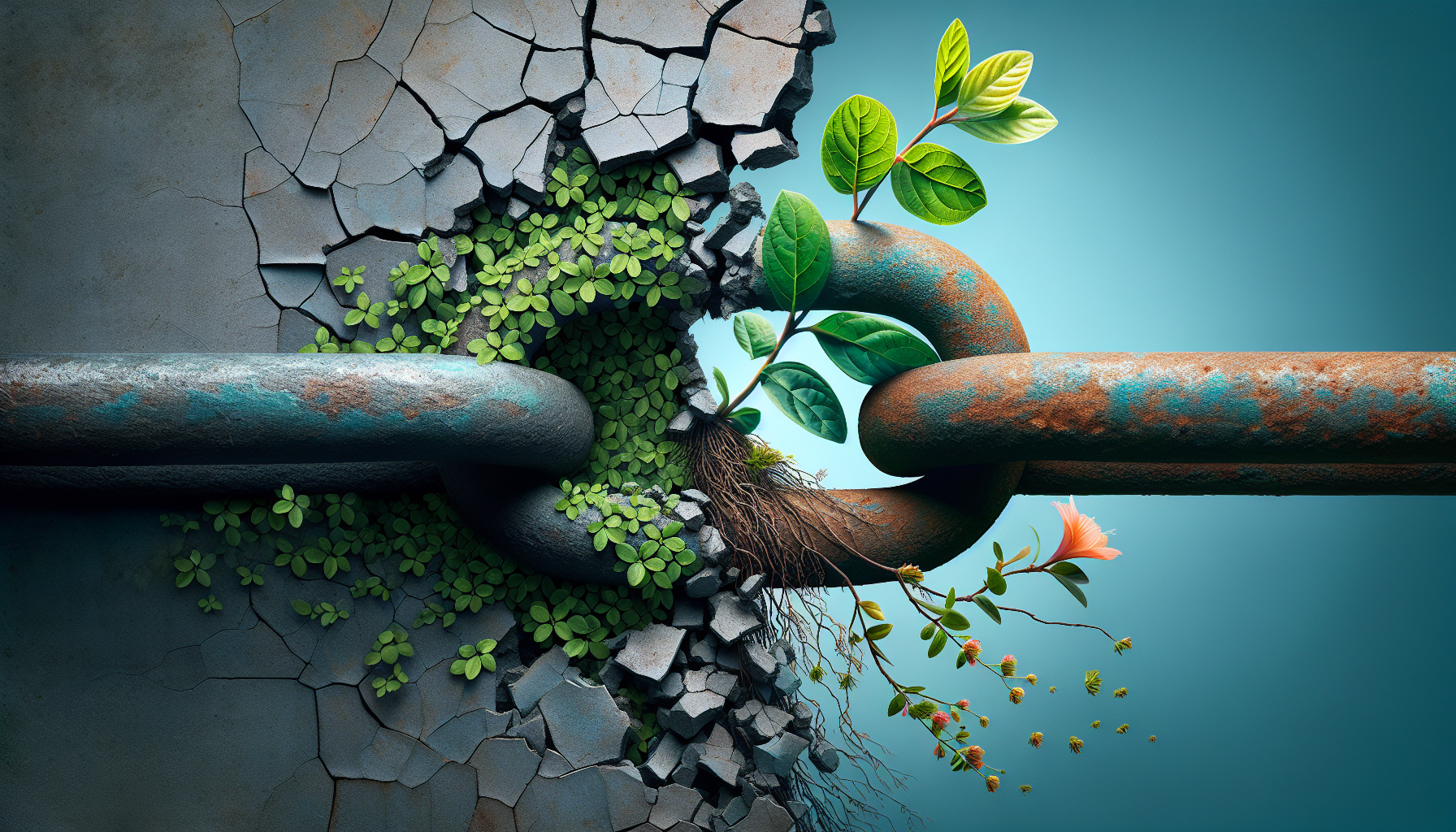The Fishy Business of New England: How Fishing Shaped Colonial Wealth

New England's coastal waters were abundant with various fish species, making it an ideal location for fishing. Cod, mackerel, herring, and lobster were among the most sought-after catches. Cod, in particular, became a staple of New England’s fishing industry, prized for its taste and preservation properties. The remarkable adaptability of cod to being salted and dried made it an essential food source for both local consumption and export. The methods employed by early colonists were as diverse as the fish themselves. Fishermen utilized techniques ranging from simple handlines to more complex traps and nets. The infamous "cod trap" allowed for the capture of large quantities in a single haul, which significantly boosted local economies. As fishing technology advanced, so too did the capacity for larger vessels to venture further into the Atlantic, enabling New Englanders to capitalize on the region's marine resources like never before.
Economic Impact: From Local Sustainability to Transatlantic Trade
The fishing industry was instrumental in supporting local economies, providing jobs and sustenance to communities. Many families relied on fishing not just for food but as a primary source of income. The surplus of fish caught often led to the establishment of local markets and trading posts. As demand for fish grew, so did the opportunities for trade. By the late 17th century, New England fishermen were trading with Caribbean colonies, Europe, and even Africa. The lucrative cod trade, in particular, became a cornerstone of New England's economy, allowing the colonies to engage in transatlantic trade and strengthen their economic ties with other regions. One notable example of this trade is the triangular trade route, which involved the exchange of fish for sugar and rum from the Caribbean. This not only highlighted the importance of fishing in New England’s economy but also illustrated how interconnected colonial economies were, relying heavily on one another for resources and goods. The cod fishery alone generated substantial wealth, allowing colonies to invest in infrastructure and other industries.
Cultural and Social Dimensions: Community and Identity
Fishing was not merely an economic endeavor; it was woven into the very fabric of New England's identity. Fishing communities developed unique cultures, traditions, and social structures. The annual fishing season marked a time of communal effort and celebration, with festivals and gatherings that reinforced social bonds among families and neighbors. Furthermore, the significance of fishing extended to the region's religious and cultural narratives. The sea was often viewed as a provider, an element of divine providence, and fishermen were seen as stewards of God’s bounty. This belief system shaped the way communities interacted with the sea and one another, emphasizing communal responsibility and sustainability. The stories and folklore surrounding fishing contributed to a distinct cultural identity that celebrated resilience and cooperation.
The fishing industry in New England was not just a means of survival; it was a catalyst for economic growth, trade expansion, and community development. By examining the historical significance of this industry, we gain valuable insights into how the foundations of New England’s wealth were built on the very waters that surrounded it. The legacy of fishing in New England is a testament to the interplay between natural resources, economic innovation, and cultural identity, reminding us that even the most humble of industries can have far-reaching impacts on society. In summary, the fishy business of New England was integral to shaping not only the local economy but also the very social and cultural fabric of the region. As we reflect on this aspect of colonial history, it becomes clear that the legacy of fishing continues to resonate, reminding us of the importance of sustainable resource management and the interconnectedness of our communities.
Marine Biologist
NOAA, marine research institutes, environmental NGOs
Core Responsibilities
Conduct research on marine organisms, their behaviors, and ecosystems to inform conservation efforts.
Analyze data and create reports that contribute to the sustainable management of marine resources.
Collaborate with governmental and environmental organizations to support marine conservation initiatives.
Required Skills
Strong understanding of marine ecology and environmental science.
Proficiency in statistical software for data analysis (e.g., R, Python).
Fieldwork experience with marine sampling techniques and underwater research.
Commercial Fisherman
Local fishing companies, seafood distributors, independent fishing cooperatives
Core Responsibilities
Operate fishing vessels to catch various fish species, primarily focusing on sustainable practices.
Maintain equipment and ensure compliance with local and federal fishing regulations.
Monitor market trends to maximize profits and adapt fishing strategies accordingly.
Required Skills
Knowledge of local fish populations and fishing techniques.
Strong physical stamina and ability to work in challenging weather conditions.
Experience with navigation and vessel maintenance.
Fisheries Manager
State and federal fisheries departments, environmental agencies, NGOs focused on marine conservation
Core Responsibilities
Develop and implement management plans to ensure sustainable fishing practices and fish stock health.
Collaborate with stakeholders, including fishermen and government agencies, to balance economic and ecological interests.
Monitor fish populations and conduct assessments to inform policy decisions.
Required Skills
Expertise in fishery science and resource management.
Strong analytical skills for data interpretation and policy development.
Excellent communication and negotiation abilities for stakeholder engagement.
Aquaculture Technician
Aquaculture farms, research institutions, food production companies specializing in seafood
Core Responsibilities
Assist in the cultivation of fish and other aquatic organisms in controlled environments, ensuring optimal growth conditions.
Monitor water quality and health of aquatic species, implementing necessary adjustments for sustainability.
Conduct breeding programs and perform routine maintenance on aquaculture systems.
Required Skills
Knowledge of aquatic biology and husbandry practices.
Technical skills related to water quality testing and aquaculture system management.
Experience with equipment operation and maintenance.
Environmental Policy Analyst (Marine Focus)
Government agencies, think tanks focused on environmental policy, conservation organizations
Core Responsibilities
Analyze and evaluate policies related to marine resource management and fisheries.
Conduct research and provide recommendations to policymakers to promote sustainable fishing practices.
Engage with community stakeholders to gather input and raise awareness of marine conservation issues.
Required Skills
Strong understanding of environmental laws and regulations affecting marine resources.
Research and analytical skills, with the ability to synthesize complex information into actionable recommendations.
Excellent written and verbal communication skills for reports and presentations.


